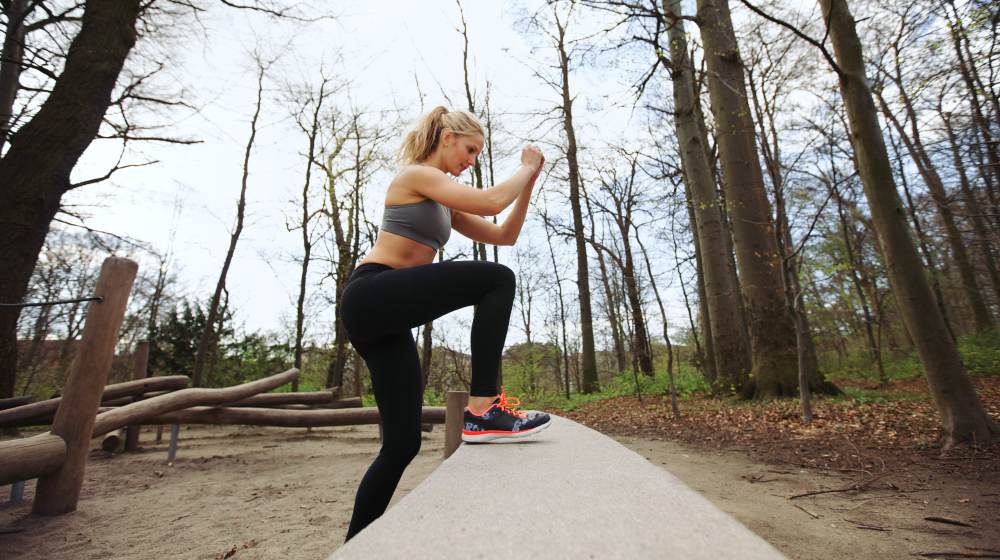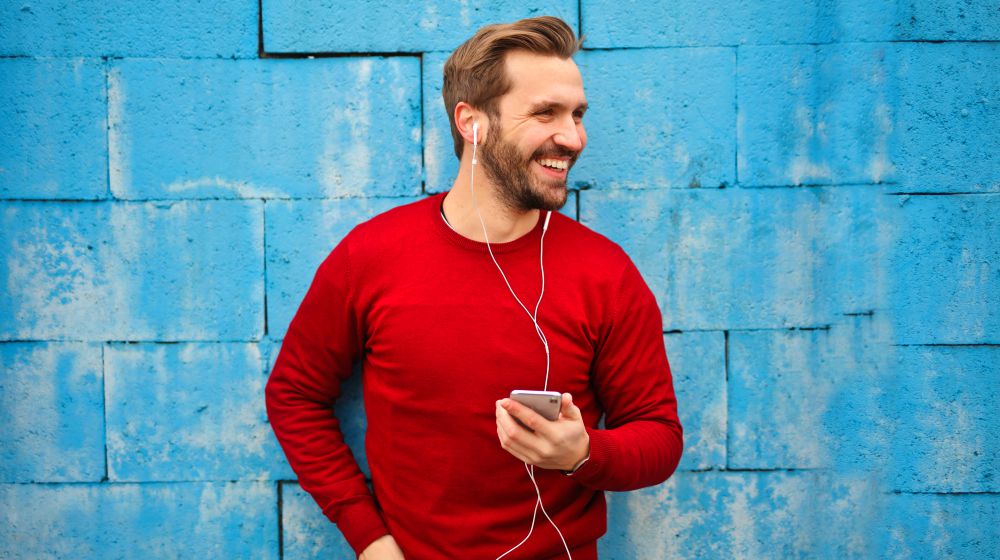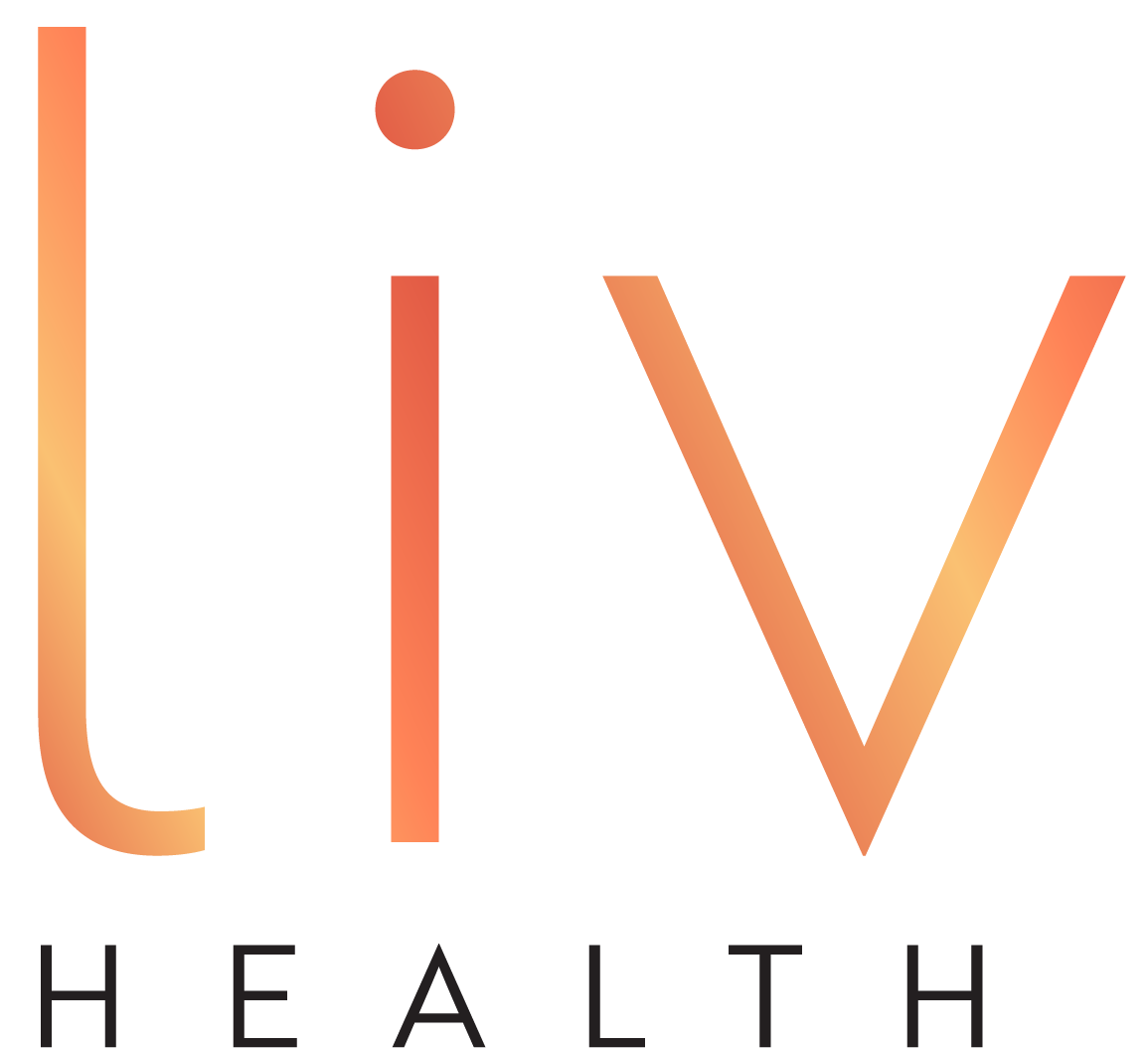These 11 coping strategies aim to allow you to take control of anxiety attacks. Keep reading to find out more.
RELATED: How To Deal With Sleep Deprivation From Stress
Coping Strategies to Beat Anxiety Attacks
1. Decrease Stress
One of the first coping strategies is to reduce your stress, which often goes hand in hand with anxiety.
The reason lies in how your body perceives and reacts to stress. It’s already in a person’s gene to be alert to different threats.
When it feels one, the body gets into a fight-or-flight response, which stimulates stress. To be clear, stress can be good.
Because of it, you bring yourself to the doctor when you suffer from an injury or avoid dangerous situations. The problem comes in when you feel stress more often.
Stress can change your body in many ways. It can release stress hormones that raise:
- Blood sugar levels or glucose
- Heart rate
- Blood pressure
The idea is to give you the energy and focus you need to manage the threat. When your heart rate is up most of the time, though, the symptoms of anxiety are more prominent.
Throughout this post, you will encounter some coping skills with anxiety that also help you with stress management.
2. Know Your Triggers
You can never get the help you need unless you acknowledge your anxiety. One of the steps to doing that is to determine your triggers.
Anxiety usually happens for the following reasons:
- Stress
- Physical or emotional trauma
- Hormone imbalance
- Sleep deprivation
- Certain medications or supplements
- Work
- Finances
- Illness
- Aging
How do you know it’s a trigger for your anxiety? Observe how your body reacts when exposed to it.
Do you feel:
- Agitated or restless?
- Irritable?
- Concerned about the future?
- Fatigued or exhausted?
- Palpitating?
- Difficulty in breathing?
If you say yes to any of these points, then it could be a trigger to your anxiety.
3. Reduce Your Caffeine Intake
Caffeine doesn’t please everyone, especially those who are sensitive to it. You can also learn how to live with anxiety by reducing its intake.
How does caffeine work, though, and why does it increase anxiety? The substance tricks adenosine receptors in the brain.
Adenosine is a neurotransmitter that promotes sleep or inhibits arousal. To work, it binds with receptors, but these receptors can’t link with adenosine when caffeine is present.
What is a neurotransmitter? It is a substance produced by the nervous system to act as a chemical messenger.
In turn, it keeps you awake and pumped up, according to research. It is a problem when you are sensitive to caffeine as you may feel more restless, agitated, and nervous.
Worse, caffeine can potentially increase the production of adenosine receptors. You may end up having to drink more of it to get the same benefit.
If you’re living with anxiety frequently, then you may benefit from avoiding caffeine altogether. You may find it in:
- Black tea
- Coffee
- Sodas
- Energy drinks
4. Exercise Preferably in the Morning

Exercising early and often to reduce anxiety
Some coping strategies for anxiety will help keep your body healthy and fit. These include exercising.
A systematic review in the British Journal of Sports Medicine revealed that most types of exercises can help reduce anxiety symptoms. You can perform them even if you’re taking medications.
A 2013 research in the Frontiers in Psychiatry, meanwhile, showed an association between reduced anxiety and exercise. Exercise can:
- Promote social bond
- Redirect your restlessness to a more worthwhile activity
- Decrease your risk of chronic diseases that can also boost the odds of mental health problems
- Reduce your stress
While you can exercise anytime, the best is in the morning. Two reasons: vitamin D and sunlight.
The body’s internal clock or circadian rhythm is sensitive to light. When you expose yourself to natural light, it can increase your wakefulness, alertness, and focus without being dependent on caffeine.
You also need sunlight to help the body produce vitamin D. A 2019 experiment cited how it can be beneficial for reducing anxiety among women with type 2 diabetes.
5. Meditate to Calm the Mind
No list of ways to deal with anxiety will be complete without mentioning meditation. Many studies already highlighted its benefits including a 2013 research in the Journal of Clinical Psychiatry.
In it, the researchers learned that mindfulness meditation, particularly mindfulness-based stress reduction (MBSR), can decrease anxiety symptoms in people with a generalized anxiety disorder (GAD).
What’s in meditation that makes it one of the best anxiety management techniques?
- It can redirect your focus from your trigger, thought, or worry to the present.
- Meditation helps lower your stress.
- It can help you become more aware of the present.
- It lets you experience anxiety without any judgment.
- Meditation can cultivate feelings of gratitude.
- It can quiet the mind.
6. Practice Deep Breathing
Can you feel your anxiety creeping up? One of the best coping strategies is deep breathing.
A 2017 study in Frontiers in Psychology revealed that diaphragmatic breathing (or breathing through the diaphragm) can:
- Lower your levels of cortisol, a stress hormone
- Sustain your attention or focus
This practice can also slow down your heart rate and blood pressure. To do it, here are the steps:
- Find the most comfortable spot for you. It may be sitting down with your back on the chair, lying down on a bed, or standing up.
- In counts of one to four, breathe deep, allowing the air to fill in your lungs and stomach. You can hold your tummy or diaphragm so you can feel the rise.
- Hold your breath for at least four counts.
- Breathe out for four counts while still holding your diaphragm.
- Repeat at least five times.
RELATED: Can’t Sleep? 7 Ways To Sleep Better At Night Regardless Of Anxiety
7. See a Doctor or Mental Health Professional
One of the practical tips for anxiety is to work with a healthcare provider, who can be a mental health professional or a doctor.
A doctor can conduct exams to determine whether your anxiety is due to health issues such as:
- Diabetes
- Hypothyroidism, which is a sluggish thyroid
- Obesity
- Medications or supplements
- Respiratory disorders
Usually, when you learn to manage these conditions, your anxiety may also decline or disappear.
Working with a mental health professional such as a therapist or a counselor, meanwhile, can let you deal with:
- Emotional or physical trauma
- Stress
- Disruptive behaviors and habits
- Personal and work problems
Teams like LIV Health can provide you with healthcare providers who can develop wellness plans according to your issues and needs.
8. Listen to Music

Listening to music to reduce anxiety
Never underestimate the power of music as it’s one of the recognized anxiety coping strategies. Take, for example, this 2013 study in PLoS One.
For the research, the team recruited 60 healthy females as participants. They grouped them into three, depending on their conditions prior to stress:
- Some listened to relaxing music.
- Others heard the sound of water ripples.
- A number rested without any kind of sound in the background.
After they exposed the participants to these situations, the researchers introduced stress and then measured their stress biomarkers.
The findings revealed that listening to relaxing music can lead to faster recovery from stress. It may even improve hormone response.
9. Consider Getting a Pet
Do you know that pets know how to help someone with anxiety? That’s the finding of a 2018 systematic review in BMC Psychiatry.
Poring over 17 studies, they learned that pets make great companions. They can help decrease anxiety by:
- Providing comfort
- Reducing worry
- Fighting against feelings of loneliness and isolation
- Increasing physical activity, such as exercise
- Distracting the person from the symptoms of anxiety
- Promoting kindness
- Introducing purpose or meaning to life
10. Get Some Sleep
Managing anxiety also means getting the right amount of and best sleep every night. It’s because sleep deprivation can affect the same brain regions that trigger anxiety symptoms.
According to the 2018 study, sleep deprivation can affect the dorsal cingulate cortex and the amygdala. These are sections of the brain that help regulate emotions.
It can also affect the way the prefrontal cortex of the brain works. This is the part that controls the amygdala and negative emotions.
LIV Health already shared plenty of coping strategies when you’re dealing with both anxiety and sleep loss. Read them and find out what works best for you.
11. Skip the Added Sugars
A 2017 research showed that diet can have a direct impact on your mental health. Added or refined sugar, for example, can worsen anxiety and depression.
It could be because added sugars can weaken the immune system and the body’s ability to fight stress. Some people are also prone to crashing, which can leave them feeling exhausted or irritable.
Managing anxiety can be difficult for some, but these coping strategies will tell you that it’s possible. You don’t have to do it alone.
How do you deal with anxiety? Share your tips in the comments section below!
Up Next:
- Overcoming Anxiety: Anxiety Symptoms And How To Fight It
- Easy Self-Care Checklist To Nurture Your Body, Mind, And Soul
- 7 Amazing Science-Backed Benefits Of Niacin (Vitamin B3)
/
5
(
3
votes
)
The post 11 Effective Coping Strategies For Anxiety Attack appeared first on Liv Health.


